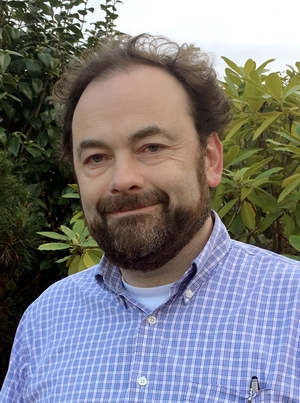UK horticultural crop research organisation NIAB EMR has appointed Dr Matt Clark to lead its technology  development programme.
development programme.
Dr Clark brings a wealth of experience to his new role at NIAB EMR, including advancing the use of low-cost sequencing and genotyping in crop systems. He has also pioneered the use of nanopore sequencing technologies together with diagnostics and in-the-field applications.
Based at East Malling in Kent, Dr Clark will be expanding NIAB EMR’s capabilities in genomics, the sequencing and analysis of a plant’s genome, working on a range of new technologies for use across the agricultural, horticultural and environmental sectors.
Dr Richard Harrison, NIAB EMR’s Head of Genetics, says, “Matt’s appointment is part of an ongoing process to attract the very best research scientists to East Malling. His transition to NIAB EMR will bring these fantastic advances into the horticultural sector and grow NIAB’s capacity in this rapidly developing discipline, augmenting our research in genome sequencing, gene editing and low cost genotyping.”
Speaking about his appointment Dr Clark highlighted the opportunities in being part of an organisation with such a wide-ranging crop research programme: “Genetics has been part of agriculture since its start. New and emerging genomics tools promise to take our fundamental understanding and application of agricultural genetics to new levels. With these new tools we help the global research community tackle the pressures of climate change, feeding the growing human population and minimising environmental impacts. I look forward to leading this aspect NIAB EMR’s research activity in these exciting times.”
Dr Clark joins NIAB EMR from the Earlham Institute where he was Head of Technology Development, applying and developing the latest technologies to solve previously intractable problems – often combining genetics with novel molecular biology and bioinformatics. Much of his work was on crops with complex genomes such as potatoes, wheat and strawberry, and included improving genetic and genomic tools, for example cloning novel disease resistance genes, and understanding cultivar variation. Earlier in his career he worked on numerous technologies, including early next generation sequencing, which were then used in the successful completion of the zebrafish genome sequencing project while working at the Wellcome Trust Sanger Institute.
